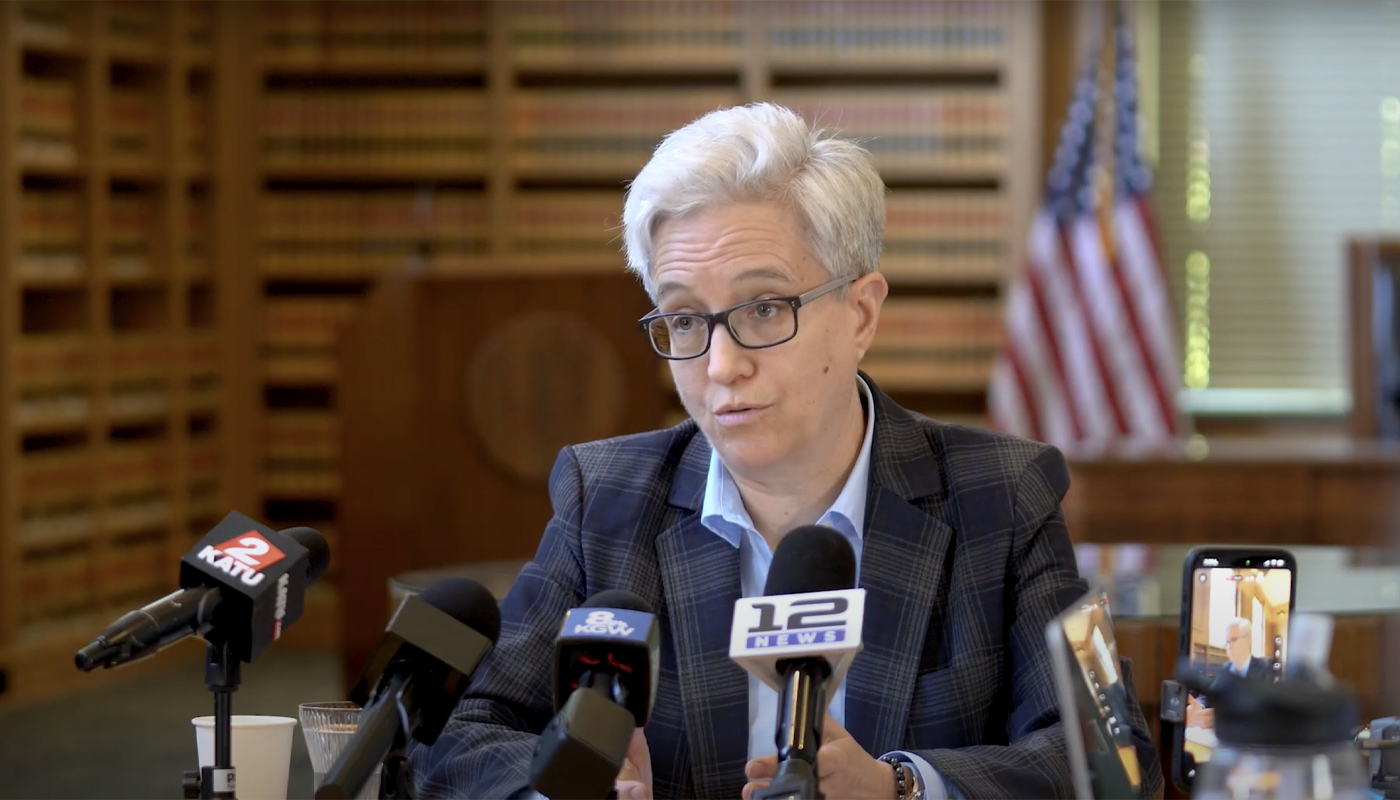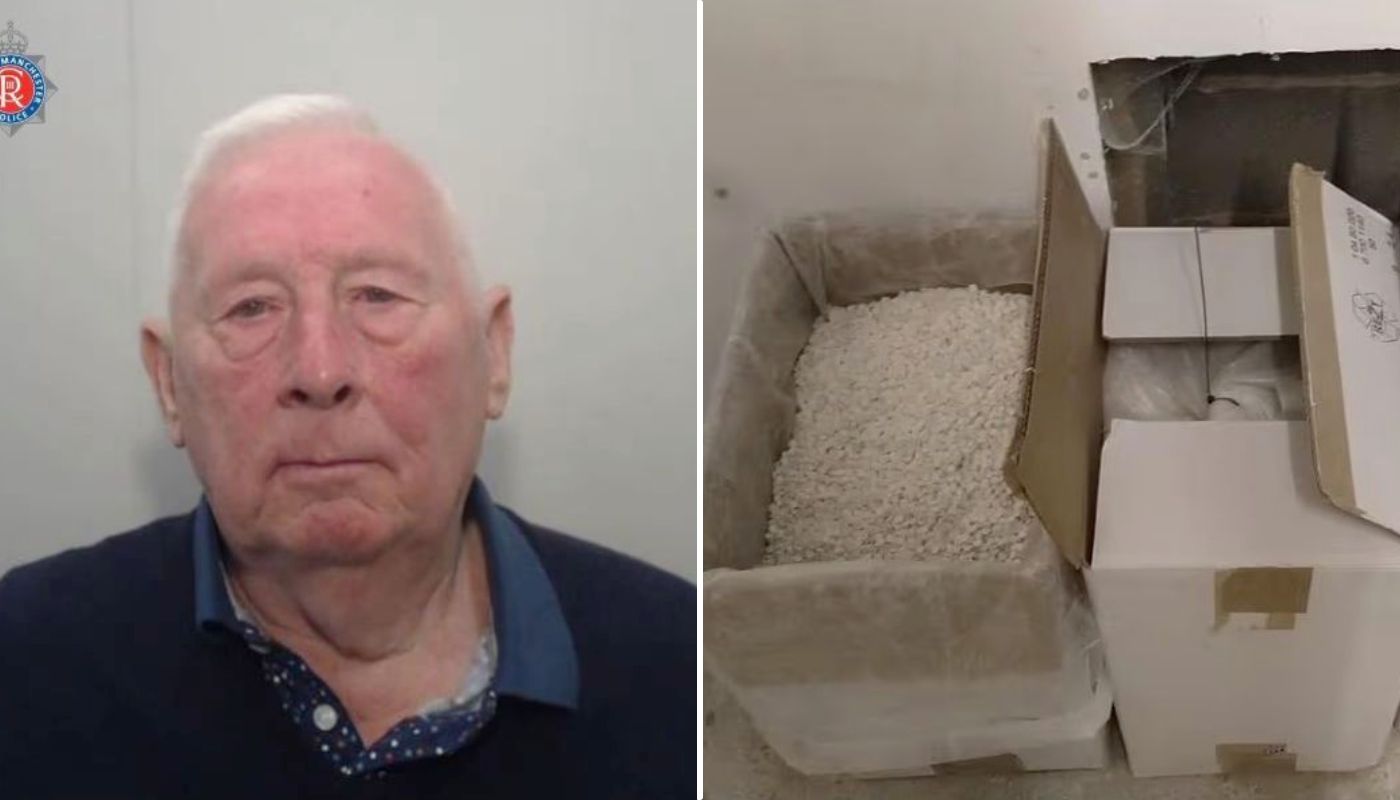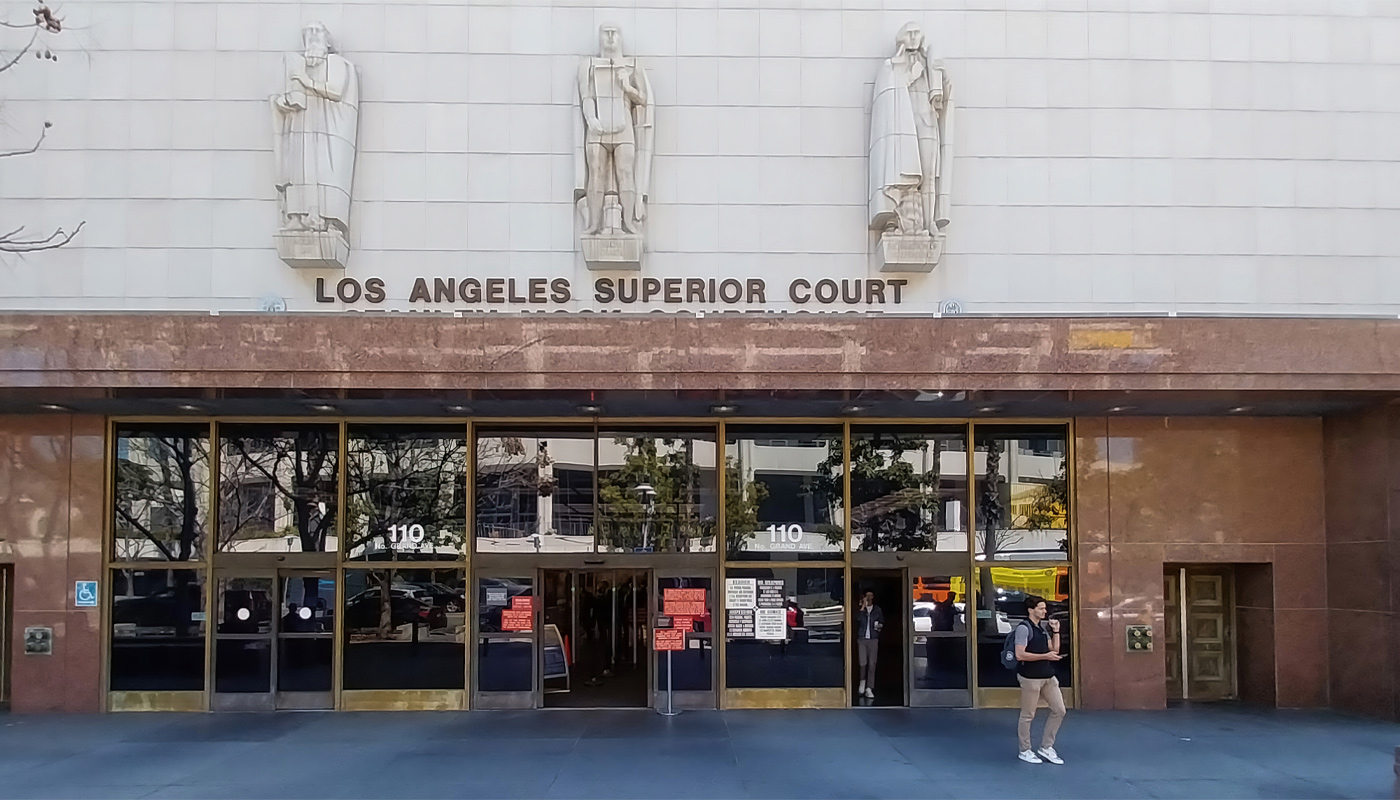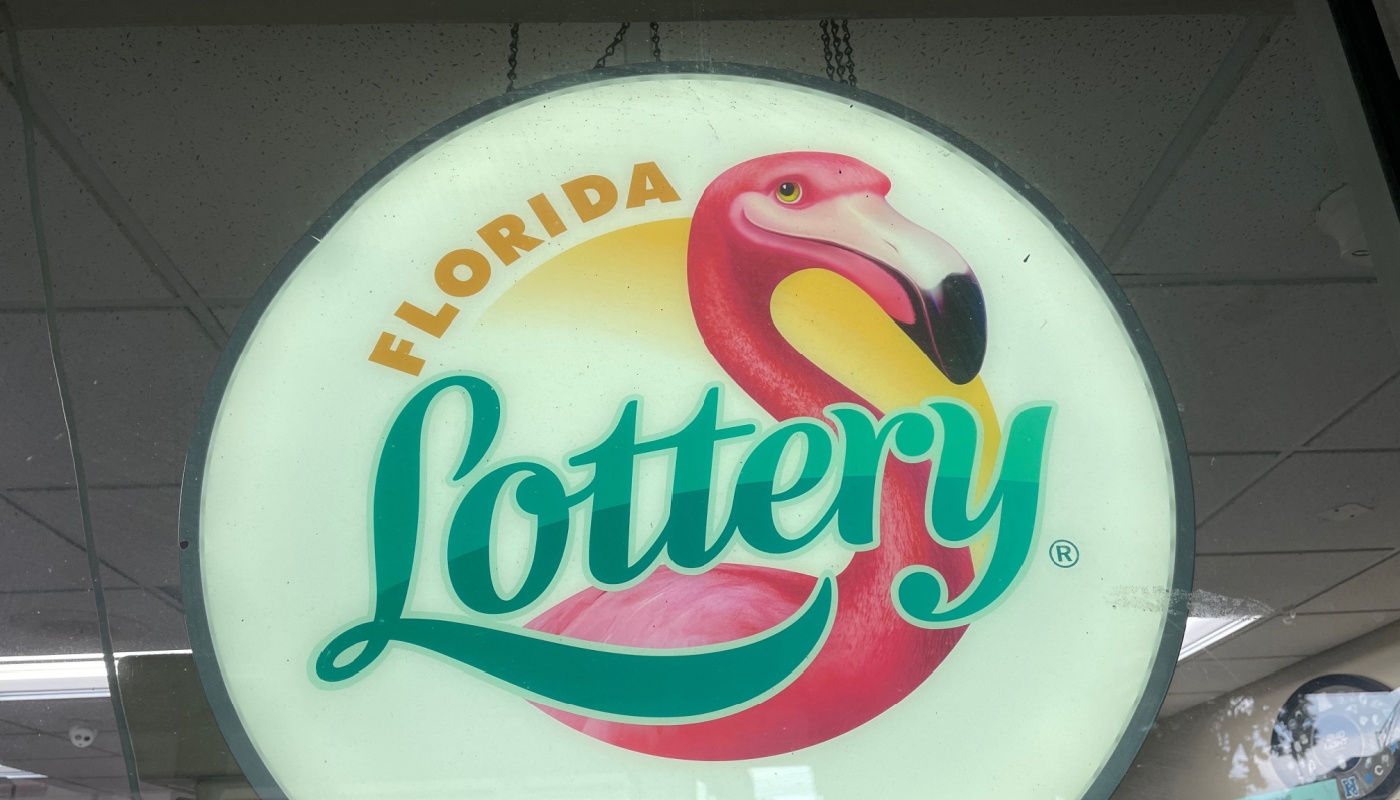
News writer, Interviewer
Oregon lottery winners will now remain anonymous thanks to a new law signed by Governor Tina Kotek. The legislation marks a significant shift in the state's approach to lottery winner transparency.
What changed with the new law?
Governor Kotek signed a bill Thursday, making all lottery winners in Oregon anonymous unless they explicitly consent to publicity. This applies to all games and prize amounts without exception.
Oregon previously belonged to a group of 23 states that publicly disclosed winner identities. The new secrecy provision takes effect 91 days after the legislative session ends.
Why does this matter?
The Oregon Lottery represents the state's second-largest funding source after personal income tax. This change eliminates a key transparency mechanism for both the games and the agency itself.
While signing the bill, Governor Kotek addressed potential concerns:
"I believe that safety and transparency are not mutually exclusive and can be achieved concurrently."
She plans to direct the lottery agency to continue publishing non-identifying winner information, such as city and ZIP code data.
How did this change happen?
The anonymity provision emerged as an amendment to House Bill 3115, which primarily targeted a different issue. The original bill aimed to stop lottery prize winners from selling tickets to third parties at discounted rates.
An investigation by The Oregonian/OregonLive last year uncovered a cottage industry of entrepreneurs buying millions in winning tickets at 50-80% of face value, then redeeming them for full payment.
This practice enabled:
- Tax evasion on full prize values.
- Winners to avoid child support payments and other state debts.
- Buyers to deduct ticket purchases as business expenses.
The new law prohibits such ticket sales and blocks buyers from deducting purchase prices from taxable income in Oregon.
Limited public discussion
Despite its significance, the anonymity amendment received minimal discussion in legislative committees or chamber floors before passage. The bill moved through the Oregon Legislature this spring with little debate on this provision.
A similar proposal to keep some winner names secret advanced through the House in 2019 when Kotek served as House speaker but never received a Senate vote.
Arguments for anonymity
Supporters of the anonymity provision point to the so-called "lottery curse" where winners face harassment after their identities become public.
Attorney Darian Stanford from Tonkon Torp, who works with an international company purchasing Oregon lottery tickets, testified about winners being subjected to doxxing and harassment after public disclosure.
Governor Kotek emphasized that the anonymity clause doesn't prevent sharing winner information with tax authorities or agencies collecting child support and other state debts.


















Comments